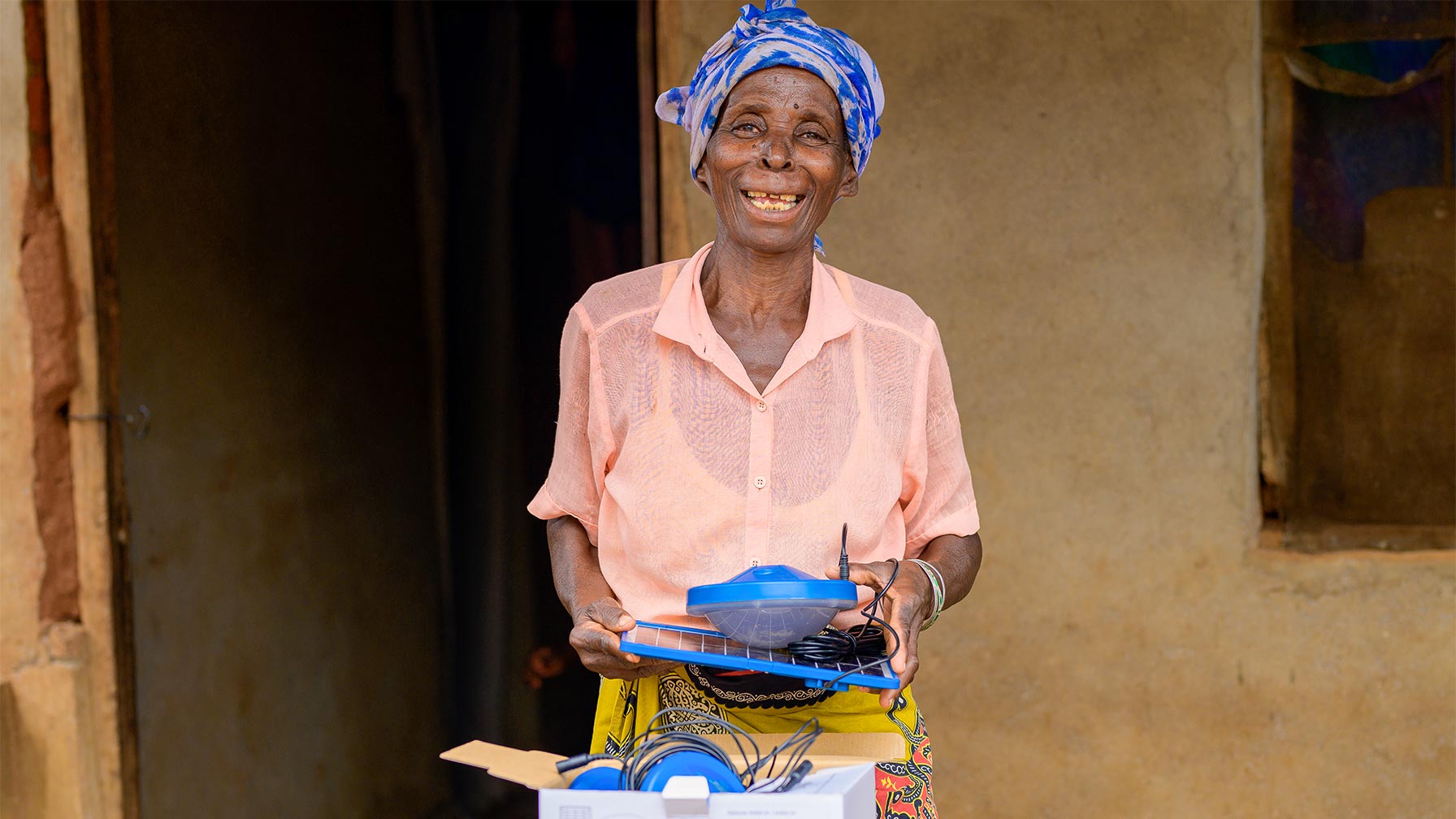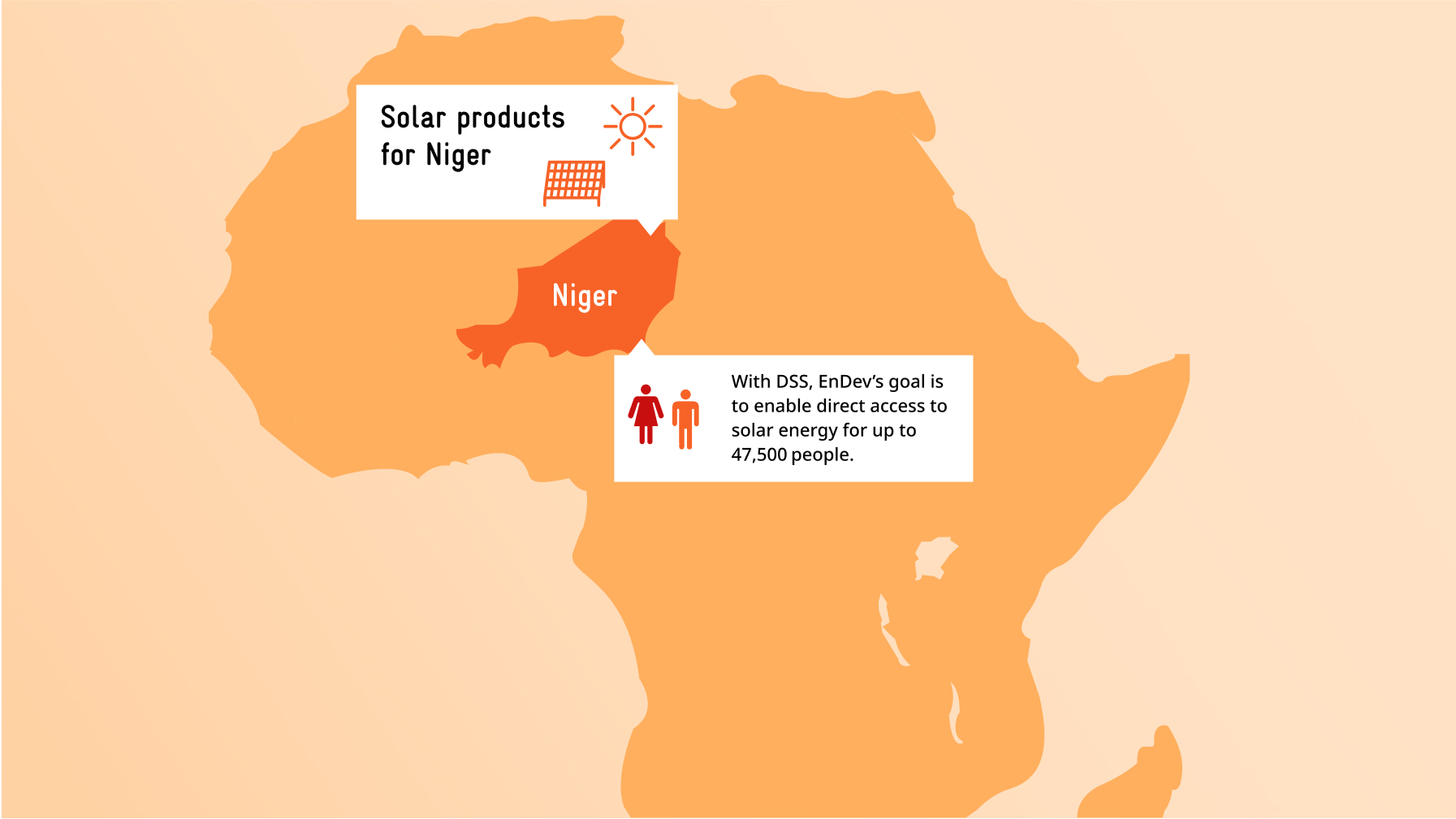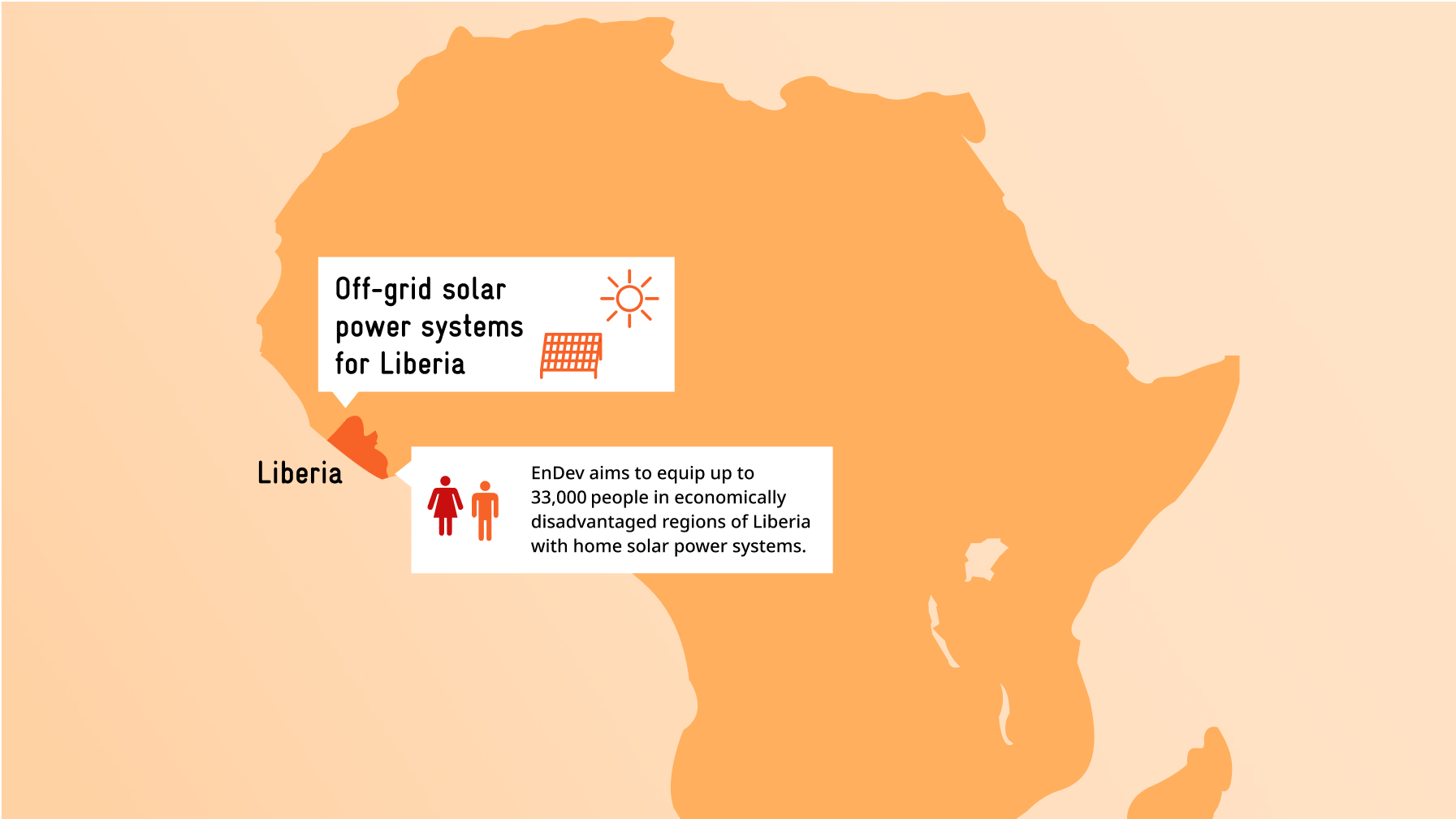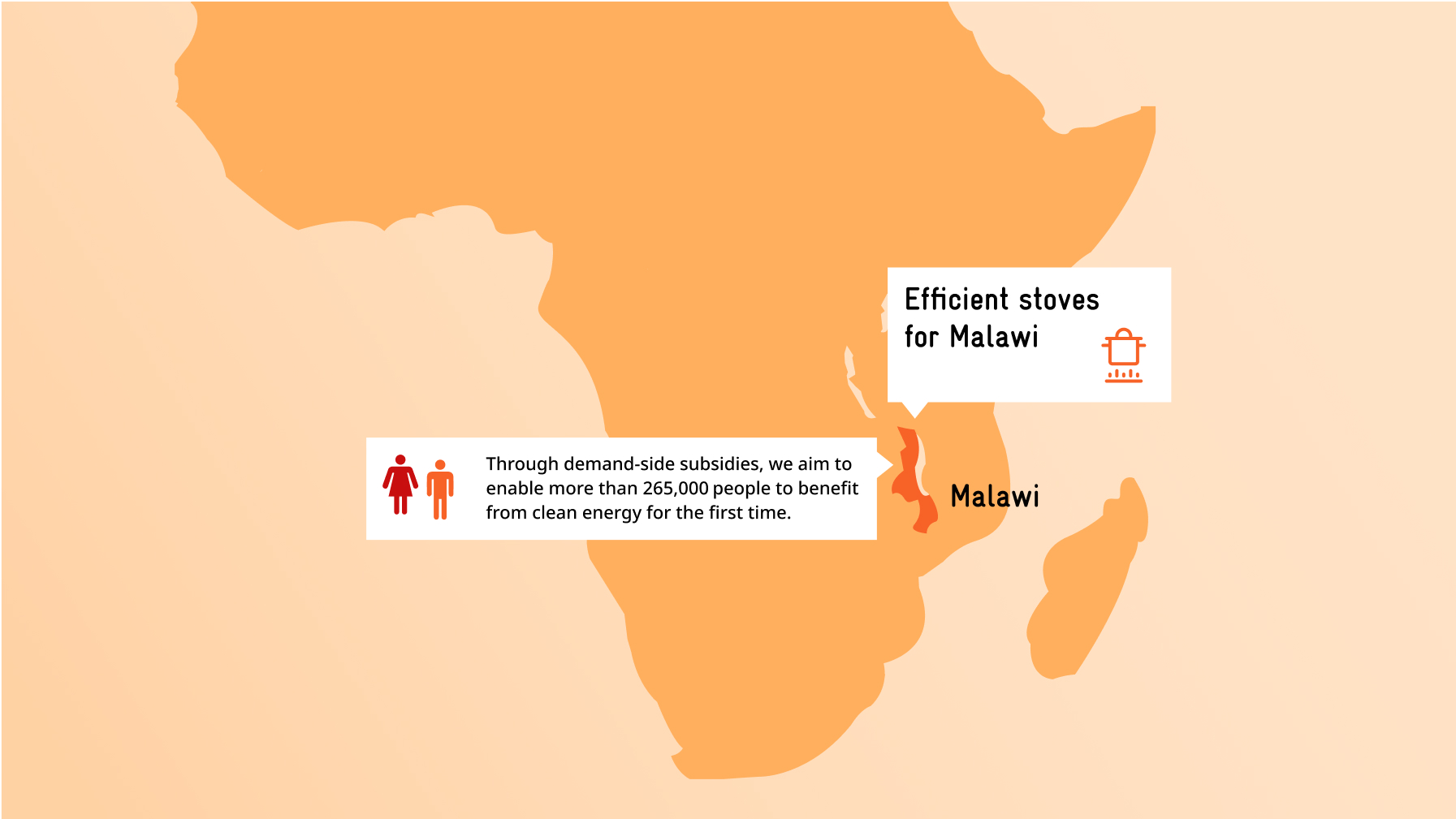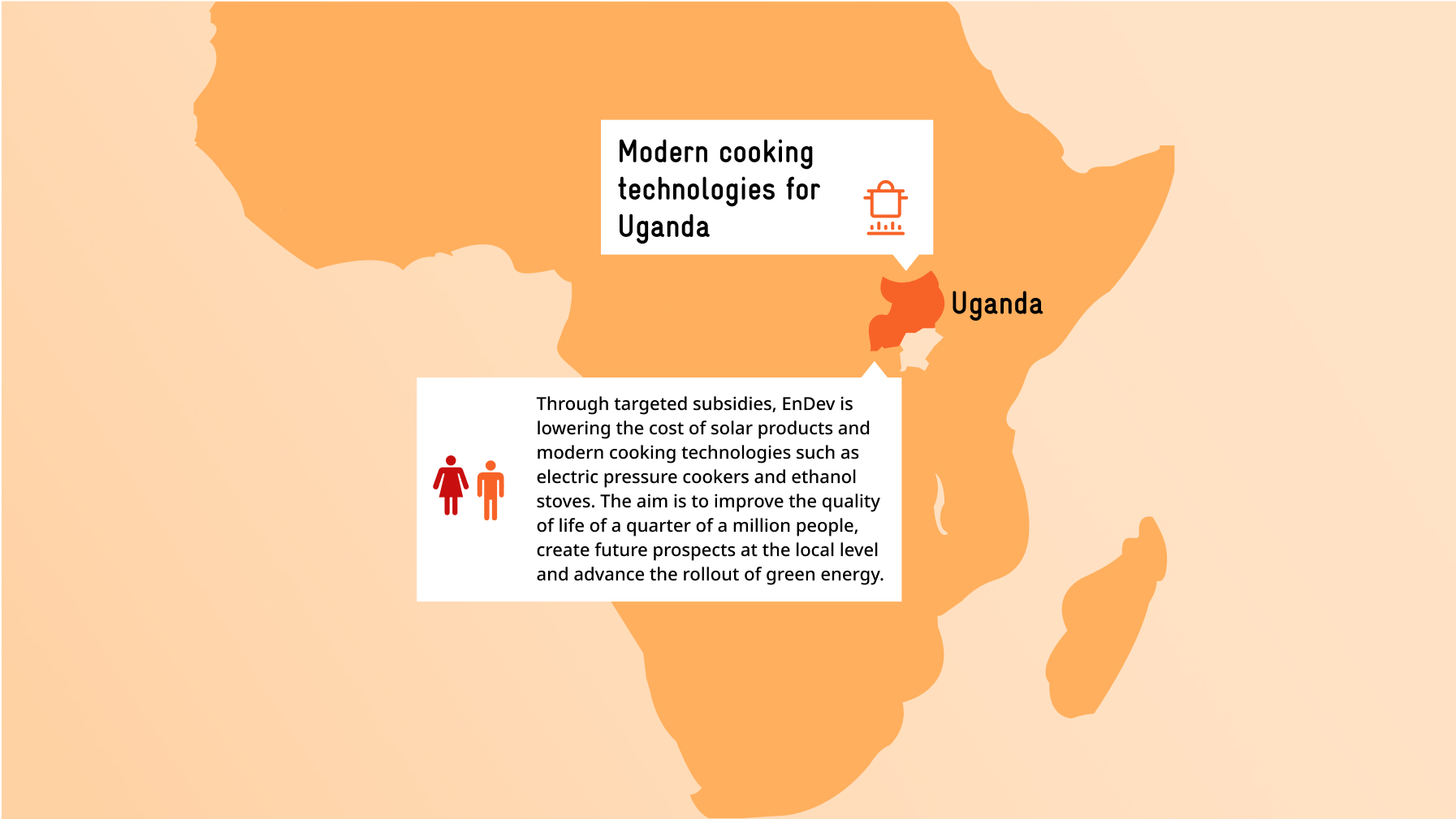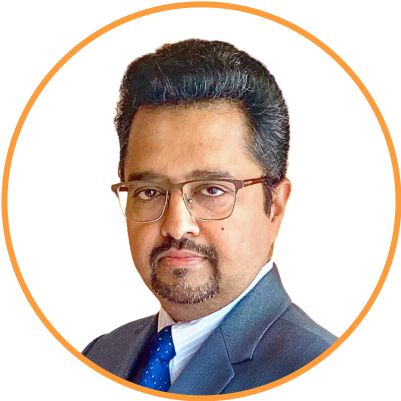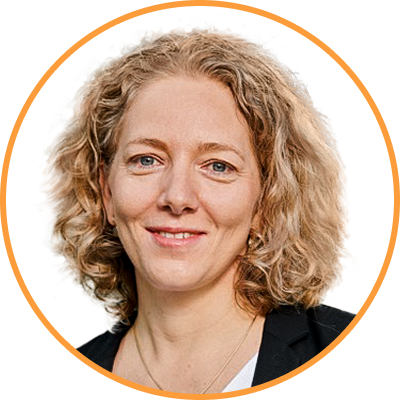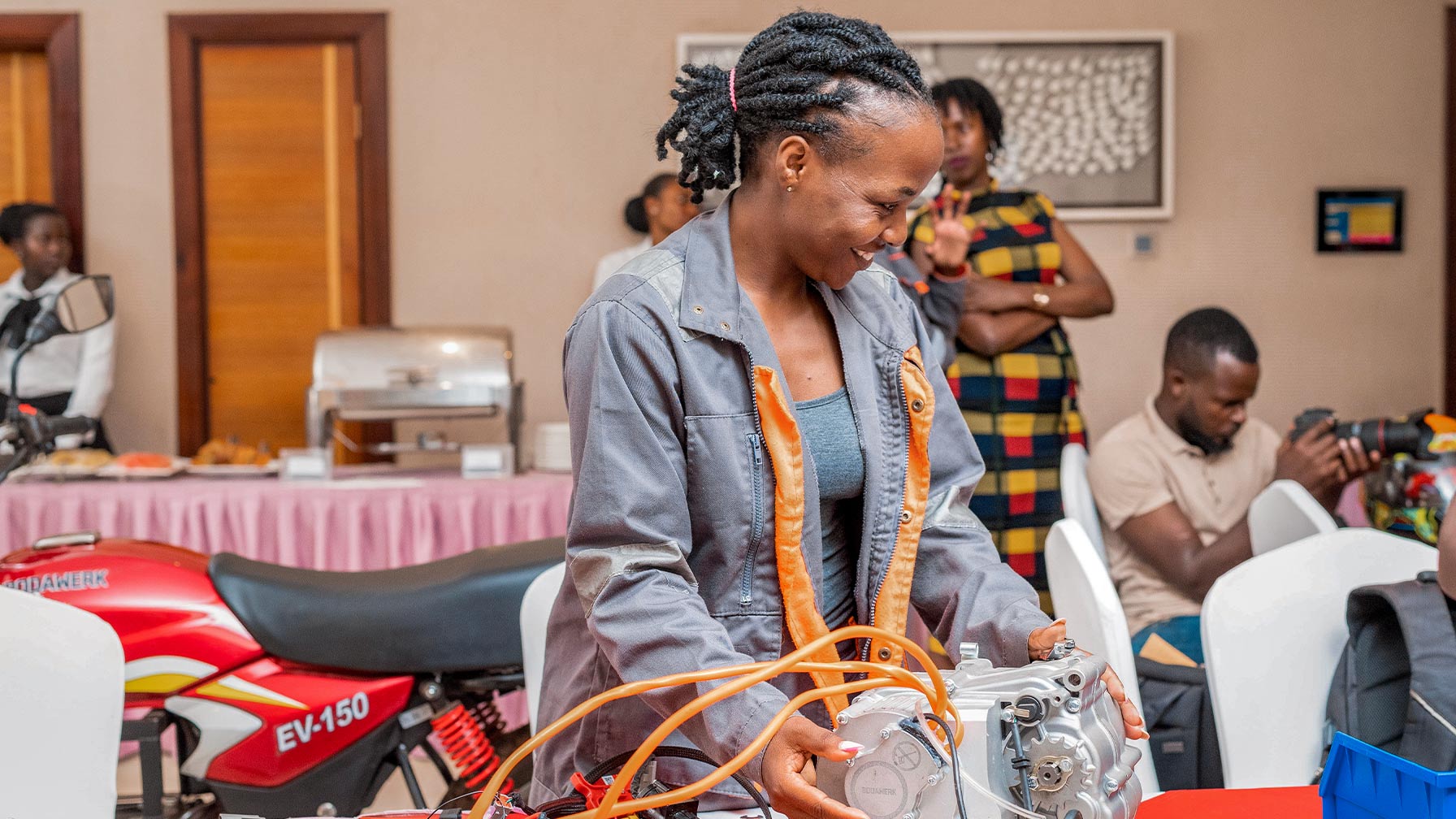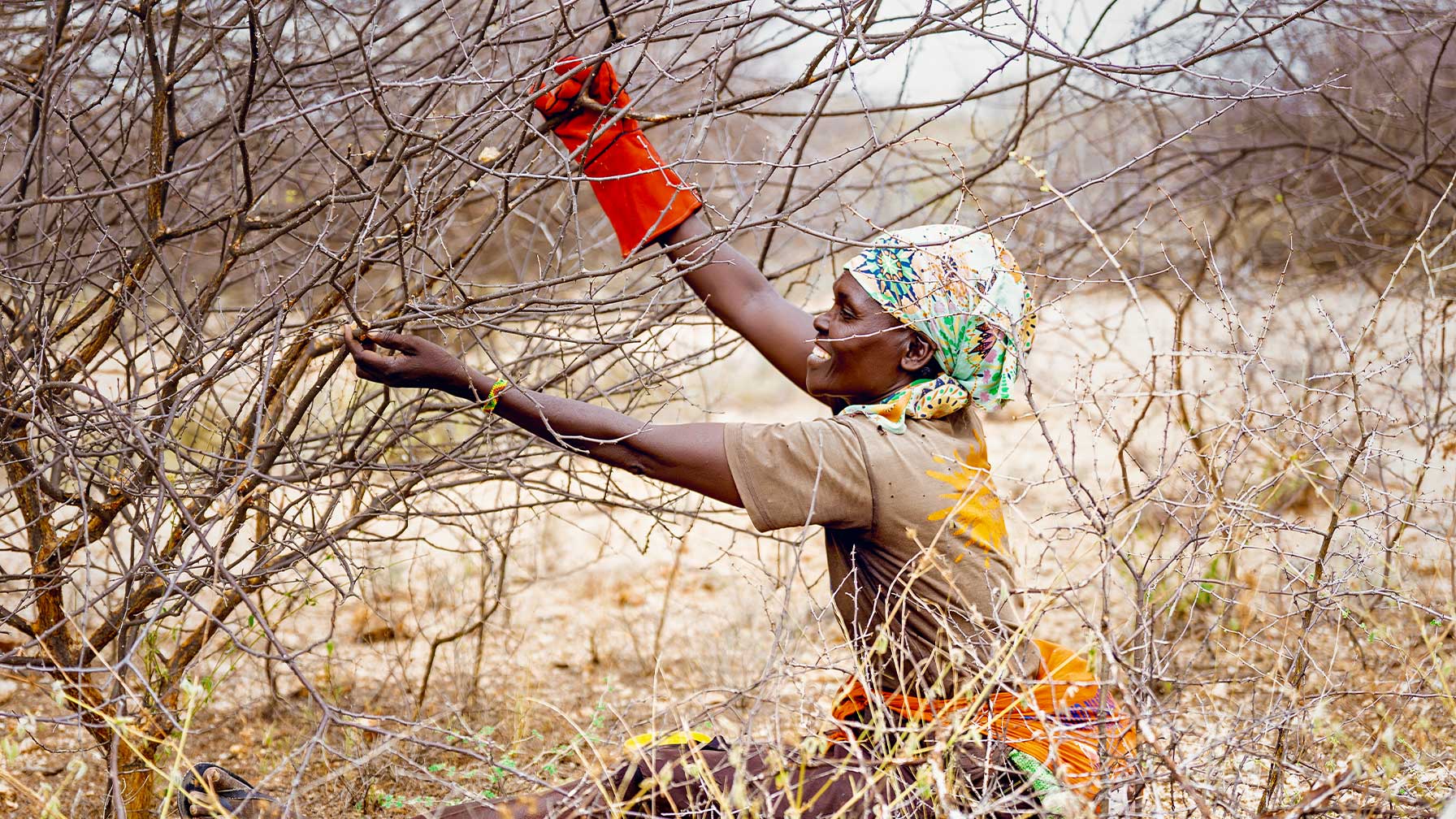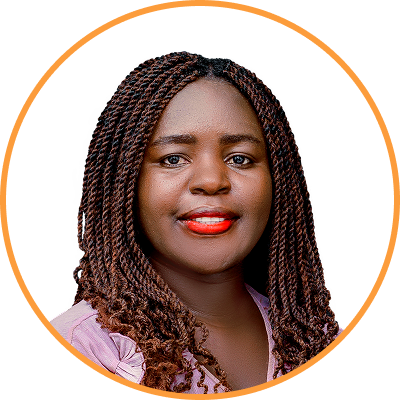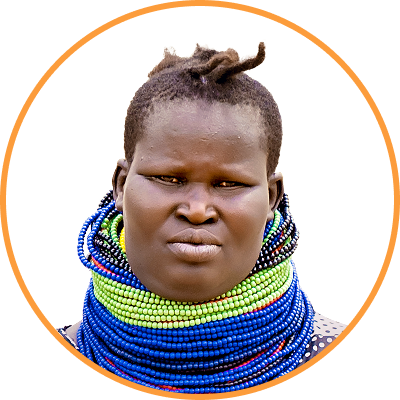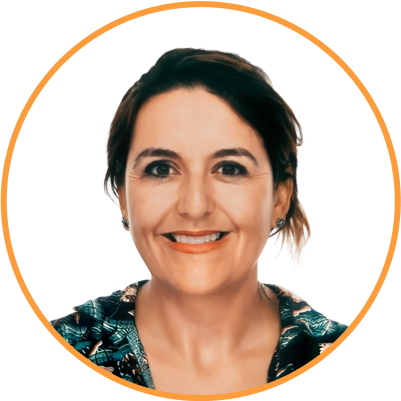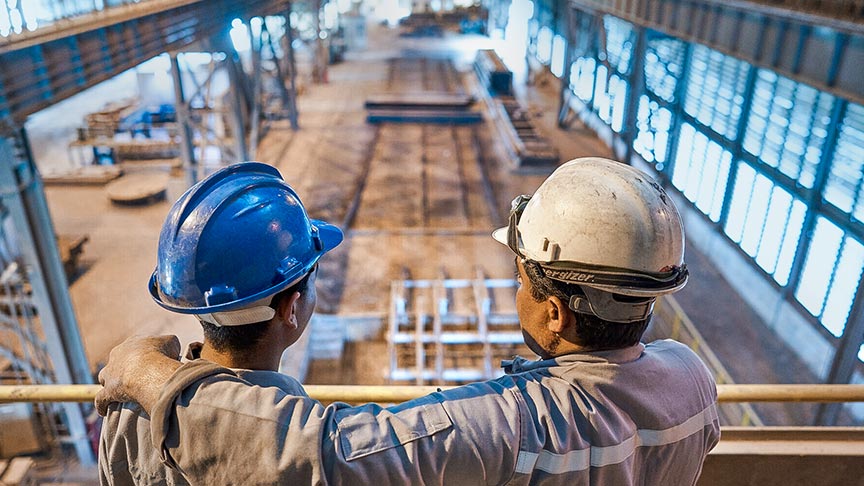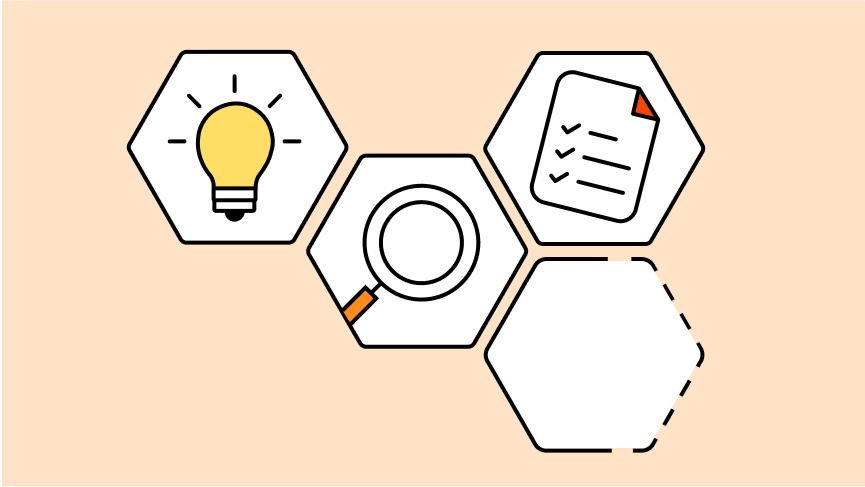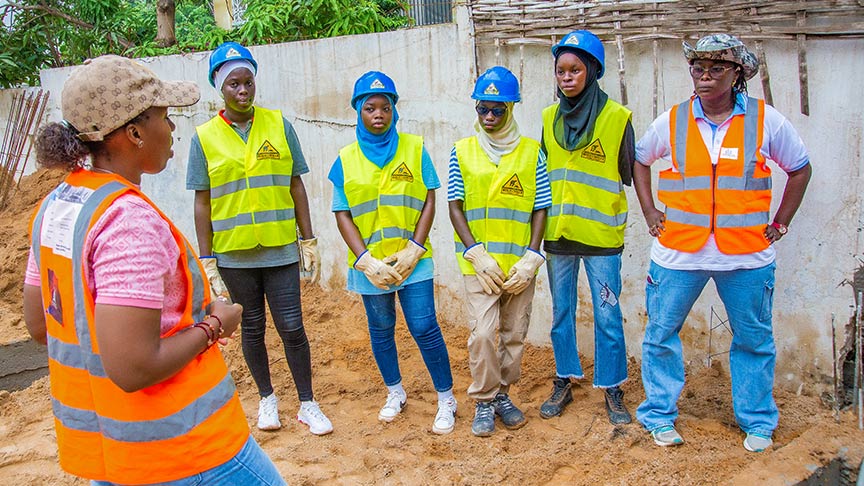The major issues of our time are closely interconnected, and their underlying causes are mutually reinforcing. It is becoming increasingly clear that development issues have a direct impact on local, regional and global security. If water becomes scarce in a region, the people there not only face a shortage of drinking water and water to irrigate their fields. Competition for the vital resource can also exacerbate existing conflicts or create new ones, the effects of which can be felt as far afield as Germany and Europe.
Climate crisis, armed conflict, migration: global challenges do not stop at the borders of villages, countries or continents. Tackling these challenges successfully requires international cooperation and the strengths of competent partner organisations. Only by understanding the interplay between crises and working together to develop comprehensive solutions built on this can we contribute to breaking the negative cycle – and achieving lasting results that benefit as many people as possible around the globe through our work.
That is why we are continuing to look for new solutions that can withstand the challenges of our rapidly changing work environment. With comprehensive approaches and international cooperation, we are committed to helping solve the complex challenges of our time.



